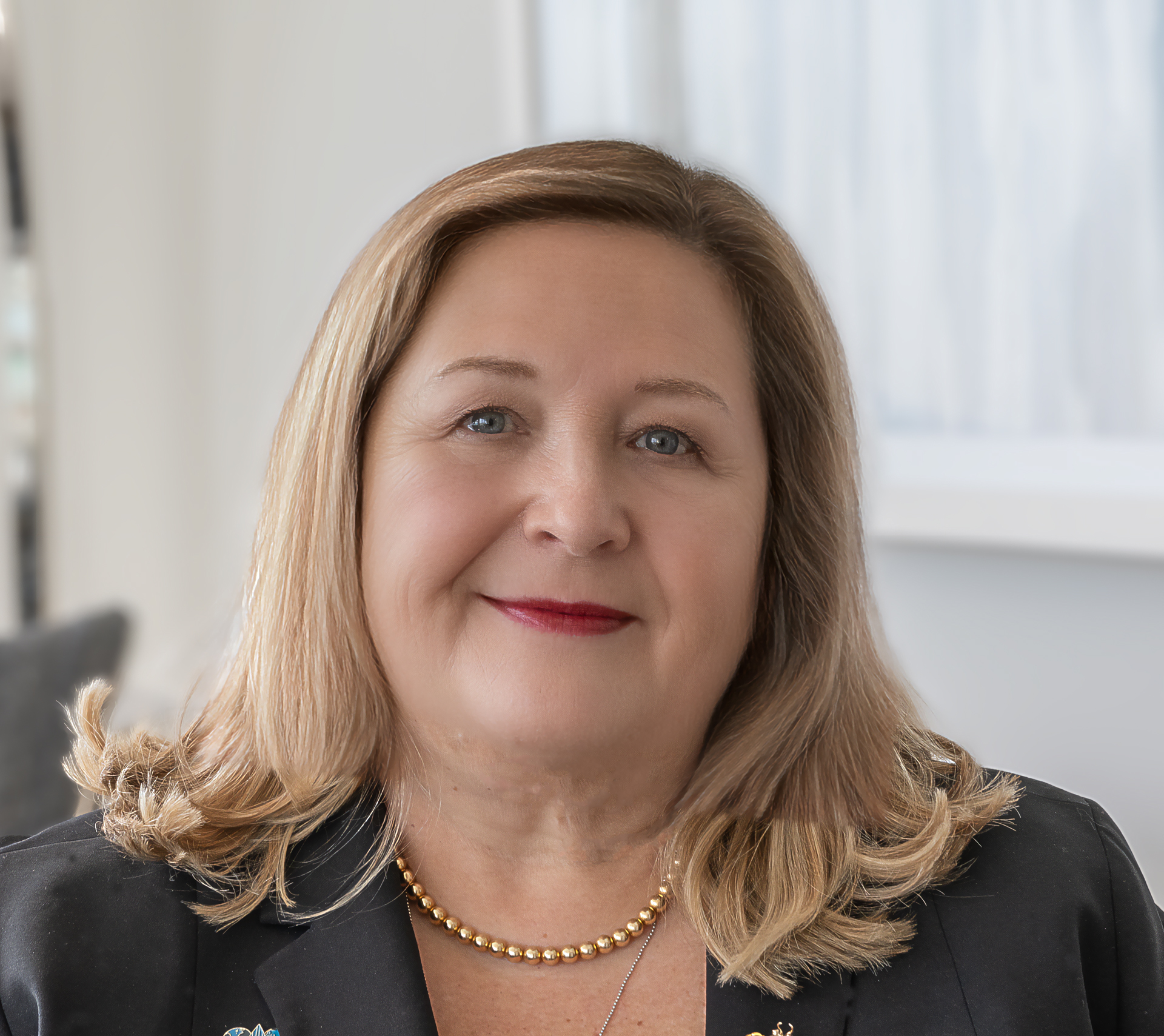
Many homeowners have at least entertained the idea of mortgage refinance. Common questions about refinancing costs, closing costs and how the process might impact a current mortgage loan are just a few of the queries swimming around in the refinancing conversation.
Don’t worry. There are a few general topics that can easily answer these questions and a slew of others. Here are three topics to help you get the refinancing conversation started with your mortgage lender:
The cost of refinancing your mortgage will vary depending on a few factors, like the remaining mortgage balance from your initial loan, lender fees, whether your lender requires mortgage insurance, etc. However, a general range is between 2% and 5% of the refinanced loan principal.
There are choices, however, to pay the refinancing costs as either upfront closing costs or, depending on your mortgage provider, the costs may be wrapped into the refinanced loan amount. This option typically allows homeowners to pay their “closing costs” with their monthly payment, depending on the terms of the loan agreement.
The costs associated with refinanced mortgages are fairly standard. In fact, many homeowners have already met with these loans when they received their initial loan. You can expect to see finance items such as application fees, loan origination fee, mortgage insurance, property-related fees, agent commission and attorney fees.
You may also see a few taxes and interest-related items appear in the closing costs, such as mortgage points.
There are two main types of refinancing options: refinancing with closing costs and no-closing-cost refinancing. The key is to recognize which one is best for you and your current financial situation.
For example, a homeowner with enough savings to cover the closing costs, and who wants a lower monthly payment without a higher interest rate or other fee, might find the cost to refinance manageable. Likewise, a homeowner who wants to refinance but may not have a large savings or a lot of cash may choose to refinance with no-closing-cost refinancing.
The most noticeable difference between the two is no-closing-cost refinancing will likely take those fees and attach them to the monthly payment instead of requiring them up front.
While every lender and loan is subject to their own fees, requirements and terms, knowing what you’re searching for, your financial situation and where to start are crucial elements to refinancing. However, you don’t have to do it alone. If you have more questions about getting started, reach out to your agent and their pool of resources.

“Whether moving across town or around the world.. My Global Partners and I will handle all the details”
Marsha Collins-Mroz, Broker, "Global Partners in Real Estate"
Marsha brings her combined 46 years of successful real estate brokerage experience and expertise to every transaction. Recognizing the overwhelming demand for personalized and objective consulting services and assistance, Marsha expanded her business model to a national and international scale. She consults and oversees the acquisition and disposition of primary residences, vacation/second homes, and commercial real estate. And presents on U.S. opportunities in Europe, Asia, and the United States. Her personally vetted network of Global Partners are uniquely skilled and positioned to assist with the needs of her clients; focusing on advancing their knowledge of local markets and opportunities, empowering them to make informed decisions.